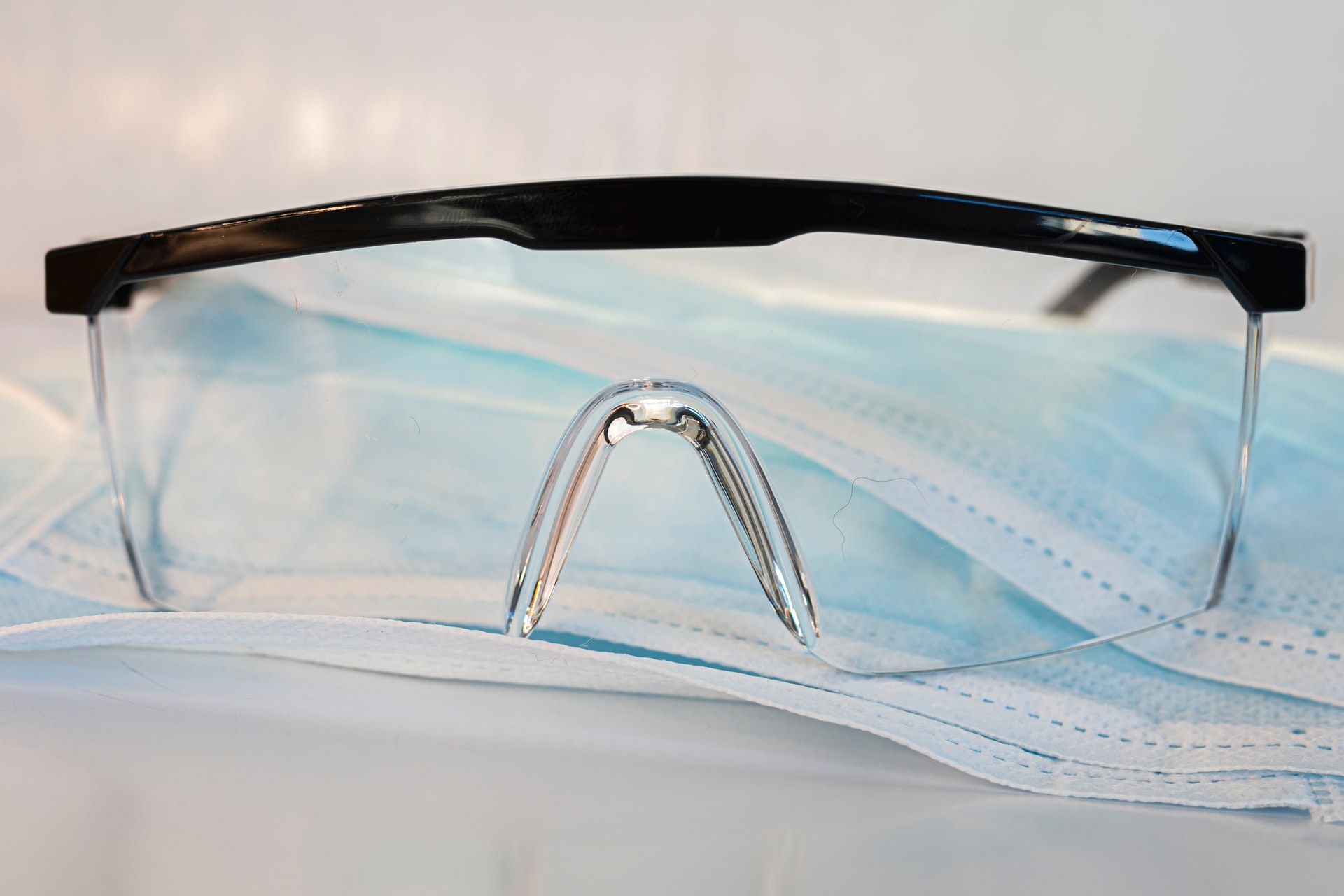The Ministry of Health has released more details of the managed isolation staff member infected with COVID-19.
The person is a member of the health team working at the Sudima Christchurch Airport, where international mariners are quarantined. Director-General of Health Dr Ashley Bloomfield said from those cases, they have identified three virus lineages of the virus, none of them seen in New Zealand before. Genome sequencing of the health worker case is expected later today.
The SMC asked experts to comment.
Lesley Gray, Senior Lecturer, Department of Primary Health Care & General Practice, University of Otago, comments:
“What is concerning is that the workers at the MIQ facilities are wearing PPE at work, so it is important that we find out what could be improved as this is as important for people working in MIQ and their families as it is for the residents of MIQ, and it has parallels with any cases of nursing and care staff also wearing PPE at work.
“Being able to identify where the likely transmissions occur can help strengthen our prevention and management efforts and can teach us much about this particular virus.
“It is reassuring that the staff working in MIQ are being so diligent and this case was identified early despite a prior negative test, and has been isolating since.”
Conflict of interest statement: Lesley Gray recently completed HRC/MoH Rapid Response grant “Improving effectiveness and equity in the operation of COVID-19 ‘self-isolation’” (HRC 20/990).
Dr Christopher Gale, Senior Lecturer, Department of Psychological Medicine, University of Otago, comments:
“A member of the healthcare team at Sudima Hotel has this day been reported as being infected with COVID-19. Healthcare workers are at an increased risk of being infected. A recent serological survey of all healthcare workers in Denmark found that there was an increased risk of infection, particularly those working directly with people who have COVID-19. COVID-19 does seem to be a mild infection for most healthcare workers as it is in the general population, but there have been case reports of doctors and nurses dying from this disease.
“Part of the professional ethos for doctors and nurses in particular is that one must care for the patients that come before you, or organize that they get appropriate care. As a result, healthcare organizations have a duty to ensure there is appropriate Personal Protective Equipment, and that staff who are immunocompromised, have cardiovascular or respiratory diseases, and are older are, whenever possible, working in other frontline areas of care. A narrative of fear may worsen this.
“The COVID-19 epidemic has led to, in the general population, increased rates of depression, anxiety and PTSD-like symptoms, in multiple countries. Among healthcare workers, there has also been a sense of exhaustion, guilt, and feelings of powerlessness. These can be amplified among healthcare workers during acute outbreaks. Having a work culture that provides appropriate equipment, does not overwork staff, encourages peer support and a frank sharing of emotional reactions, and has a supportive, non-judgmental approach to both the infection and the psychological sequelae of the infection can minimize the consequences for doctors and by extension and workplace justice, should be available to all healthcare workers.
“Healthcare workers will get sick with COVID-19 as long as COVID-19 has virulence. We need to ensure that appropriate protocols and support systems are robustly in place.”
No conflict of interest
